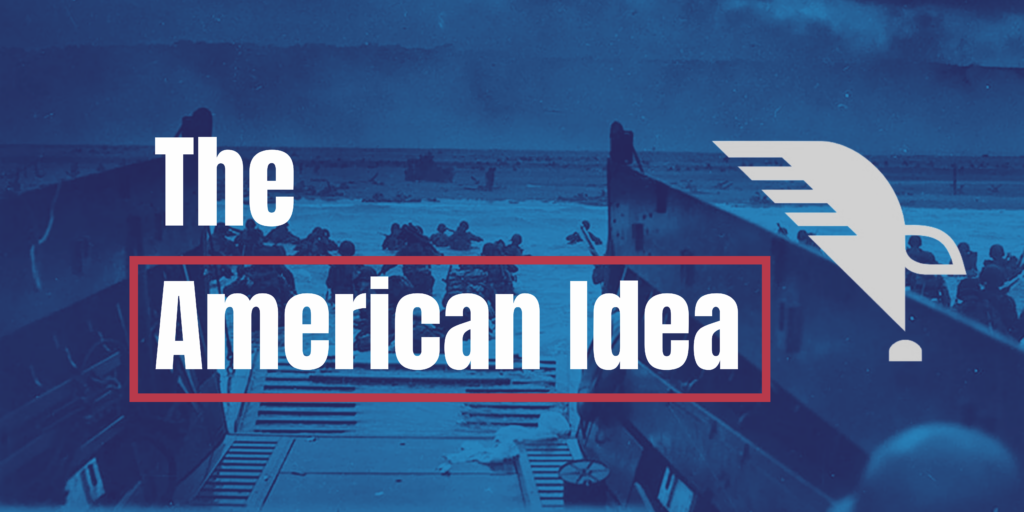Summer Listening: World War 2 History
June 13, 2024

The American Idea podcast has well over 100 archived episodes, and over the last few years we’ve done several about various facets of World War 2. Think about how much better your beach vacation could be if you were listening to stories about how the Greatest Generation secured the freedoms you are at that moment enjoying.
Turning Points of World War 2 – Jeff discusses some of the moments on which victory or defeat hinged.
FDR, Stalin, and the Rise of Russia as a World Power – Learn how the wartime alliance and victory facilitated Russia’s rise to power on the world stage, and how World War 2 set so much of the stage for the last 80 years of U.S.-Russian relations.
Reconsidering the Atomic Bombs – Using the A-Bombs was never without controversy, and over the decades a steady chorus has coalesced around the idea that the bombs were both immoral and unnecessary. Dr. John Moser discusses the details and context around the use of the bombs with eminent historian Richard Frank.
Hollywood and History: Oppenheimer – How accurate was the film? What history, if any, can be learned from it? Where should you approach the film with caution? John Moser and David Krugler discuss the film as a work of history and as entertainment.
The Battle of Tarawa at 80 Years – The first battle of the ‘Island Hopping’ campaign in the Pacific, Tarawa was a wake-up call to prevailing views on American planning, doctrine, training, and equipment. The American public saw, in November 1943, the first images of mass American casualties, driving home the unique and savage form of war found in the jungles of the Pacific.
Bombing Hitler’s Hometown – The forgotten story of the last mass bombing raid in Europe, researched for the purpose of finding out about a long-lost uncle, and resulting in the telling of a story that should not be overlooked.
D-Day at 80 Years – Learn the details of what Operation OVERLORD sought to accomplish, and how it fit into the greater context of the war in Europe.

